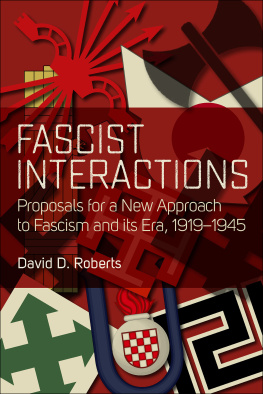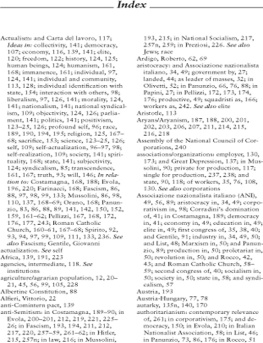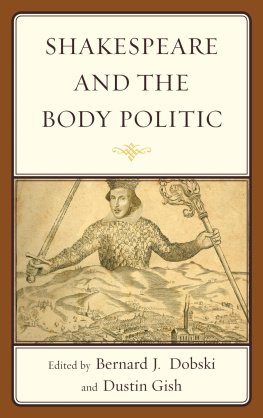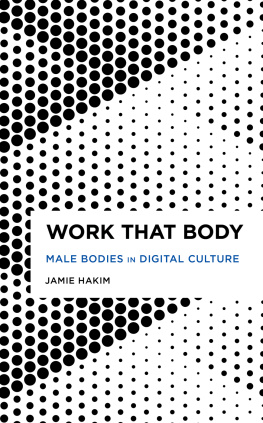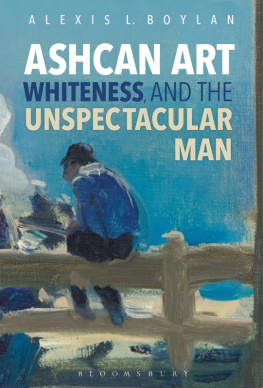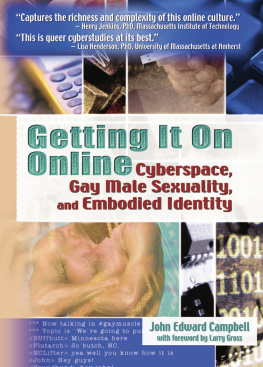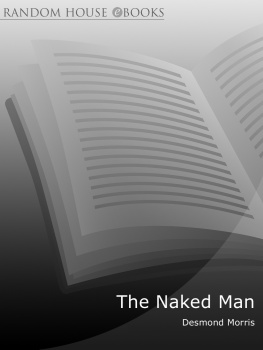Sport in the Global Society
General Editor: J.A. Mangan
SHAPING THE SUPERMAN
SPORT IN THE GLOBAL SOCIETY
General Editor: J.A. Mangan
The interest in sports studies around the world is growing and will continue to do so. This unique series combines aspects of the expanding study of sport in the global society, providing comprehensiveness and comparison under one editorial umbrella. It is particularly timely, with studies in the political, cultural, social, economic, geographical and aesthetic elements of sport proliferating in institutions of higher education.
Eric Hobsbawm once called sport one of the most significant practices of the late nineteenth century. Its significance is even more marked in the late twentieth century and will continue to grow in importance into the next millennium as the world develops into a global village sharing the English language, technology and sport.
Other Titles in the Series
Scoring for Britain
International Football and International Politics, 19001939
Peter J. Beck
European Heroes
Myth, Identity, Sport
Edited by Richard Holt, J.A. Mangan and Pierre Lanfranchi
Tribal Identities
Nationalism, Europe, Sport
Edited by J.A. Mangan
Sporting Nationalisms
Identity, Ethnicity, Immigration and Assimilation
Edited by Mike Cronin and David Mayall
Footbinding, Feminism and Freedom
The Liberation of Womens Bodies in Modern China
Fan Hong
The Games Ethic and Imperialism
Aspects of the Diffusion of an Ideal
J.A. Mangan
The Race Game
Sport and Politics in South Africa
Douglas Booth
Rugbys Great Split
Class, Culture and the Origins of Rugby League Football
Tony Collins
The First Black Footballer
Arthur Wharton 18651930: An Absence of Memory
Phil Vasili
Cricket and England
A Cultural and Social History of the Inter-war Years
Jack Williams
France and the 1998 World Cup
The National Impact of a World Sporting Event
Edited by Hugh Dauncey and Geoff Hare
Making Men
Rugby and Masculine Identity
Edited by John Nauright and Timothy J.L. Chandler
SHAPING THE SUPERMAN
Fascist Body as Political Icon
Aryan Fascism
Editor
J.A. MANGAN
University of Strathclyde

First published 1999 by
FRANK CASS PUBLISHERS
Published 2013 by Routledge
2 Park Square, Milton Park, Abingdon, Oxon OX14 4RN
711 Third Avenue, New York, NY, 10071, USA
Routledge is an imprint of the Taylor & Francis Group, an infroma business
Copyright 1999 Frank Cass & Co. Ltd.
British Library Cataloguing in Publication Data
Shaping the superman : fascist body as a political icon
Vol.1: Aryan fascism. (Sport in the global society)
1. Body, Human Political aspects Germany History 20th century 2. Sports and state Germany History 20th century 3. Fascism and art Germany 4. Fascism and culture Germany 5. Symbolism in politics Germany History 20th century
I. Mangan, J.A. (James Anthony), 1939
306.483094309043
Library of Congress Cataloging-in-Publication Data
Shaping the superman : Fascist body as political icon / edited by J.A. Mangan.
p. cm. (Sport in the global society, ISSN 1368-9789)
Contents: v. 1. Aryan fascism v. 2. Global fascism.
Includes bibliographical references and index.
1. Fascism and art. 2. Symbolism in politics. 3. Masculinity in art. 4. Body imagePolitical aspects. I. Mangan, J. A. II. Series: Cass studiessport in the global society.
N6918.5.F28S491999
704.942309041dc219925234
CIP
ISBN 13: 978-0-714-64954-2 (hbk)
ISBN 13: 978-0-714-68013-2 (pbk)
This group of studies first appeared as a special issue of The International Journal of the History of Sport (ISSN 0952-3367), Vol.16, No.2, June 1999
published by Frank Cass.
All rights reserved. No part of this publication may be reproduced, stored in or introduced into a retrieval system, or transmitted, in any form or by any means, electronic, mechanical, photocopying, recording or otherwise, without the prior written permission of the publisher of this book.
Contents
J.A. Mangan
J.A. Mangan
Prometheus J.A. Mangan
Heinz-Georg Marten
Arnd Krger
John Hoberman
Graham McFee and Alan Tomlinson
J.A. Mangan
Peter Reichel
Allen Guttmann
J.A. Mangan
.
.
.
.
.
.
.
.
.
.
.
.
.
.
.
Myths, Icons, Images
a people without myths is already dead. The function of that particular class of legends known as myths is to express dramatically the ideology under which a society lives; not only to hold out to its conscience the values it recognizes and the ideals it pursues from generation to generation, but above all to express its very being and structure, the elements, the connections, the balances, the tensions that constitute it; to justify the rules and traditional practices without which everything within a society would disintegrate.
Georges Dumzil, The Destiny of the Warrior
(translated by Alf Hiltebertel) (Chicago, 1969), p.3
Myths give substance and structure to a societys political, social, economic and cultural existence within mythical narratives, icons are fashioned key figures or exemplars, who have somehow lost their everyday reality and have become legendary figures, who seem to contain within themselves a whole resume of emblematic meanings.
Roger Horrocks, Male Myths and Icons: Masculinity in Popular Culture
(London, 1995), p.17
Among all the gods of Greece, it is Prometheus who stands in the most remarkable relation to mankind. He presents a striking resemblance and a striking contrast to the Christian Saviour. More than any other Greek god, he intercedes for mankind, makes common cause with men. Therein lies the resemblance. But Christ suffered human existence as a man. His whole mission depended on his close bond with mankind. The paradox in his case is not that he, a man, made common cause with mankind. The paradox is the faith of the Christians who believe him to be a god. Prometheus never appears as a man. He is a mythological being and was never anything else.
C. Kernyi, Prometheus: Archetypal Image of Human Existence
(translated from the German by Ralph Manheim) (London, 1963), p.3
J.A. MANGAN
Shaping the Superman and the sequel, Superman Supreme, are both concerned with the martial male body as a Fascist political symbol. Fascism was inseparable from militarism. For the Fascist, war was a divine commandment and a spiritual experience that fostered the ennobling qualities of courage, patriotism, honour, unity and discipline.
As with any revolutionary movement that aims at fundamental change, in its consecration of the Superman as political icon, Fascism had as its ultimate goal the creation of a new human being, Homo fascistus.
The Fascist perfect man, of course, was an obscene contradiction: a neo-Grecian barbarian for a new age. Nevertheless, he was widely welcomed. George Mosse, for example, has remarked that:
Oswald Spenglers vision of the barbarians roaming the countryside is symptomatic as the expression both of an age which was finished and of the seeds of a new culture to come. For Frieu la Rochelle, the modern was characterized by barbaric simplicity and brutality, while Gottfried Benn was attracted to all that was primitive and archaic only such a return could produce the necessary will to power. Robert Brasillach, writing about Alfred Rosenberg in Germany and his own French fascists, eulogizes the teachers of violence in France and the teacher of violence in Germany: both share the wish to destroy a society built upon bad ideas and a respect for the heroes to come.
Next page





